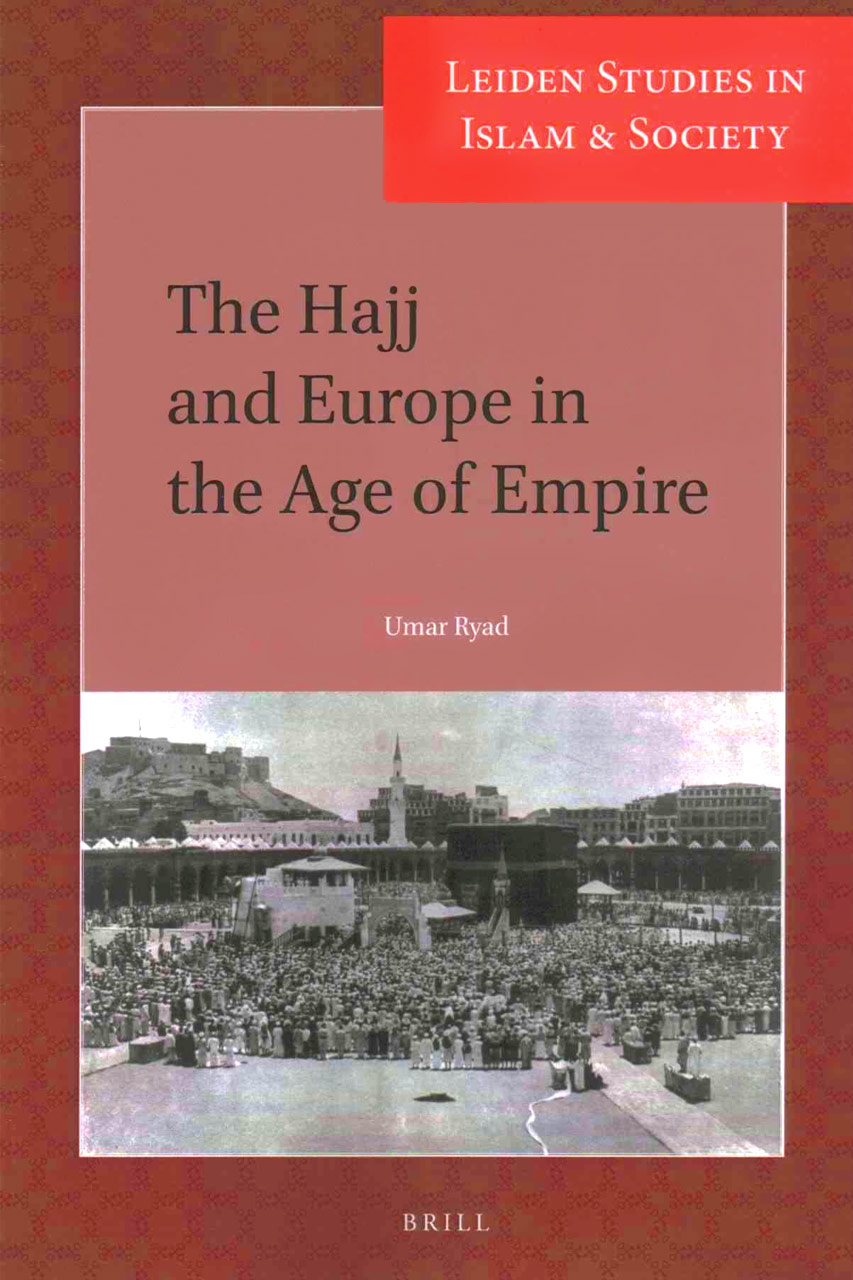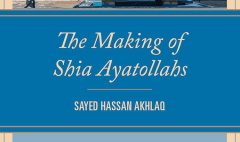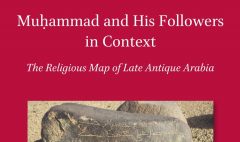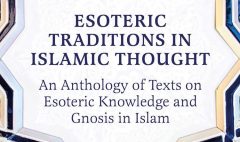The Hajj and Europe in the Age of Empire
November 25, 2016 2023-10-08 8:48The Hajj and Europe in the Age of Empire
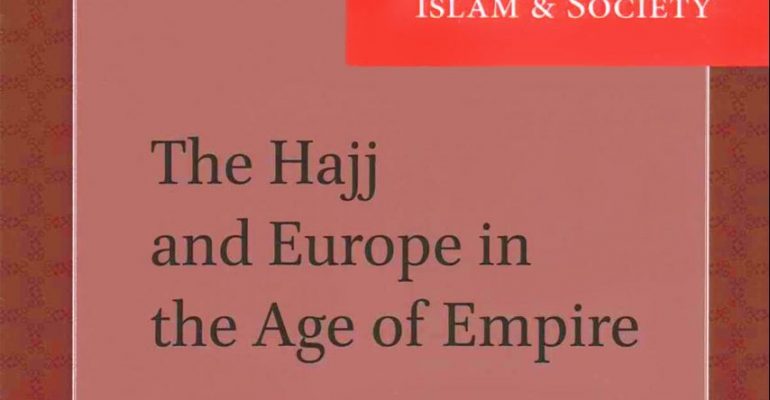
The Hajj and Europe in the Age of Empire
Leiden Studies in Islam and Society (LSIS) Series, Volume 5
Edited by Umar Ryad
Publisher: Brill (October 2016)
Collections: Middle East and Islamic Studies E-Books Online, Collection 2017
The present volume focuses on the political perceptions of the Hajj, its global religious appeal to Muslims, and the European struggle for influence and supremacy in the Muslim world in the age of pre-colonial and colonial empires. In the late fifteenth century and early sixteenth century, a pivotal change in seafaring occurred, through which western Europeans played important roles in politics, trade, and culture. Viewing this age of empires through the lens of the Hajj puts it into a different perspective, by focusing on how increasing European dominance of the globe in pre-colonial and colonial times was entangled with Muslim religious action, mobility, and agency. The study of Europe’s connections with the Hajj therefore tests the hypothesis that the concept of agency is not limited to isolated parts of the globe. By adopting the “tools of empires,” the Hajj, in itself a global activity, would become part of global and trans-cultural history.
Table of Contents:
- The Hajj and Europe in the Pre-Colonial and Colonial Age
- “Killed the Pilgrims and Persecuted Them”: Portuguese Estado da India’s Encounters with the Hajj in the Sixteenth Century
- “The Infidel Piloting the True Believer”: Thomas Cook and the Business of the Colonial Hajj
- British Colonial Knowledge and the Hajj in the Age of Empire
- French Policy and the Hajj in Late-Nineteenth-Century Algeria: Governor Cambon’s Reform Attempts and Jules Gervais-Courtellemont’s Pilgrimage to Mecca
- Heinrich Freiherr von Maltzan’s “My Pilgrimage to Mecca”: A Critical Investigation
- Polish Connections to the Hajj between Mystical Experience, Imaginary Travelogues, and Actual Reality
- On his Donkey to the Mountain of ʿArafāt: Dr. Van der Hoog and his Hajj Journey to Mecca
- “I Have To Disguise Myself”: Orientalism, Gyula Germanus, and Pilgrimage as Cultural Capital, 1935–1965
- The Franco North African Pilgrims after WWII: The Hajj through the Eyes of a Spanish Colonial Officer
About Umar Ryad
Umar Ryad, Ph.D. (2008), University of Leiden, is Associate Professor of Islamic Studies at Utrecht University. He has published on Muslim-Christian relations and on Islam in the modern world. He leads an ERC Starting Grant project on the history of Muslims in interwar Europe (2014–2019).
Source: Brill Online


